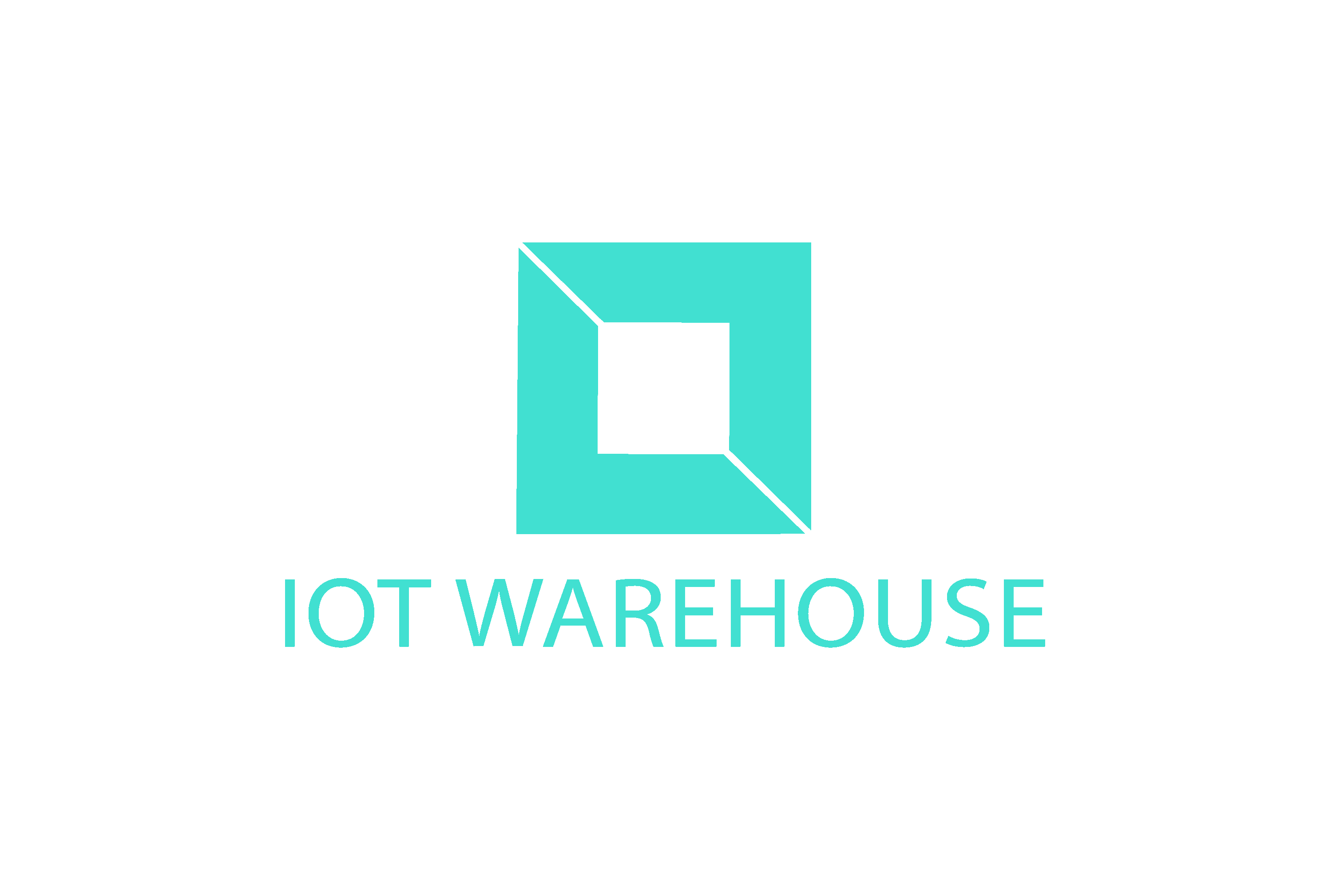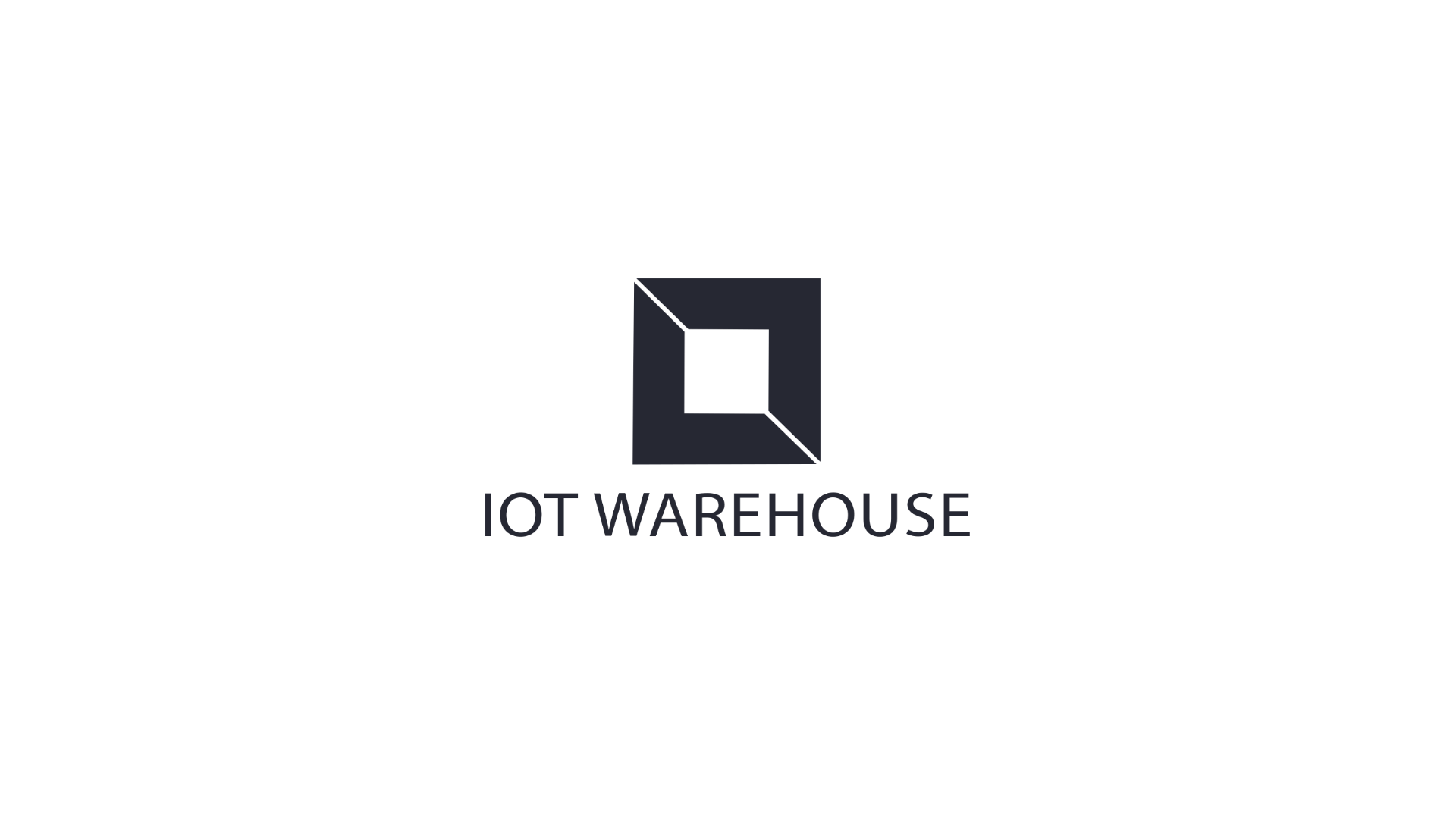The Internet of Things (IoT) is transforming industries, homes, and cities by connecting everyday devices to the internet, enabling them to collect and exchange data. From smart refrigerators to industrial sensors, these IoT devices rely on connectivity to function effectively. Central to this connectivity are IoT SIM cards if you are using cellular as a transmission method. While they may seem similar to the SIM cards used in mobile phones, IoT SIM cards have specific features and capabilities tailored for the unique demands of IoT applications. This article will explore everything you need to know about IoT SIM cards, including their purpose, how they differ from traditional SIM cards, types, and their role in the expanding IoT ecosystem.

What is an IoT SIM Card?
An IoT SIM card is a specialized Subscriber Identity Module (SIM) card designed specifically for devices that are part of the Internet of Things. Like traditional SIM cards, IoT SIMs enable devices to connect to a cellular network, allowing them to send and receive data. However, IoT SIM cards are built with features that cater to the unique requirements of IoT deployments, such as enhanced security, ruggedness, and scalability. Usually a standard cellular SIM card will not be able to run IoT devices, this is important to understand.
Key Features of IoT SIM Cards
-
Global Connectivity:
IoT SIM cards are often designed to provide global coverage, which is crucial for devices that need to operate across multiple regions or countries. This is achieved through partnerships with multiple mobile network operators (MNOs) around the world, allowing the IoT device to connect to the best available network, regardless of location. -
Remote Management:
IoT SIM cards can be managed remotely, which is essential when dealing with large-scale deployments. This remote management includes capabilities like updating the SIM’s firmware, activating or deactivating the SIM, and monitoring data usage—all from a centralized platform. -
Enhanced Security:
Security is a critical concern in IoT applications, especially in sectors like healthcare and finance. IoT SIM cards often come with advanced security features such as encryption, secure boot, and network authentication protocols to protect data transmission. -
Scalability:
IoT SIM cards are designed to support the large-scale nature of IoT deployments. Whether you’re deploying a few hundred sensors or millions of connected devices, IoT SIM cards can be scaled to meet your needs. -
Longevity:
Unlike consumer SIM cards, which are typically replaced every few years, IoT SIM cards are built for long-term use. They are designed to withstand harsh environmental conditions, making them suitable for industrial applications where devices might be exposed to extreme temperatures, humidity, or vibration. -
Multiple Profiles:
Some IoT SIM cards support multiple profiles, allowing a single SIM card to switch between different network operators without needing to be physically replaced. This feature is particularly useful for devices that move across regions with varying network coverage.

Types of IoT SIM Cards
IoT SIM cards come in several forms, each suited to different types of devices and use cases:
-
Standard IoT SIM Cards:
These are similar in size and shape to traditional SIM cards and are used in devices like smart meters, vending machines, and connected vehicles. They are best suited for applications where the device is stationary or where the device size is not a constraint. -
Embedded SIM (eSIM):
eSIMs are built into the device during manufacturing and cannot be physically removed. They are smaller than standard SIM cards and are ideal for compact devices like wearables or medical devices. eSIMs offer the advantage of remote provisioning, where network profiles can be updated or changed over the air (OTA) without needing physical access to the device. -
M2M SIM Cards:
Machine-to-Machine (M2M) SIM cards are a subset of IoT SIMs specifically designed for industrial and commercial IoT applications. They are built to be more durable and reliable than consumer-grade SIM cards, with features like increased data retention and enhanced connectivity options. -
Multi-IMSI SIM Cards:
Multi-IMSI (International Mobile Subscriber Identity) SIM cards allow a single device to have multiple IMSI numbers, enabling it to switch between different mobile networks. This is particularly useful for devices that require uninterrupted connectivity in areas with variable network coverage.
Applications of IoT SIM Cards
IoT SIM cards are used across a wide range of industries, including:
-
Smart Cities:
IoT SIM cards enable connectivity for smart city applications such as connected streetlights, waste management systems, and traffic monitoring. These applications require reliable, scalable, and secure connectivity to function effectively. -
Healthcare:
In the healthcare industry, IoT SIM cards are used in medical devices like remote patient monitors, wearable health trackers, and connected diagnostic equipment. The secure and reliable data transmission provided by IoT SIMs is critical in ensuring accurate and timely health data collection. -
Logistics and Fleet Management:
IoT SIM cards power GPS tracking devices, asset trackers, and connected vehicles in logistics and fleet management. These SIM cards provide real-time data on vehicle location, fuel consumption, and driver behaviour, helping companies optimize their operations. -
Agriculture:
Precision agriculture relies on IoT devices to monitor soil conditions, weather, and crop health. IoT SIM cards ensure these devices remain connected, allowing farmers to make data-driven decisions to improve crop yields and reduce resource consumption. -
Retail:
In the retail sector, IoT SIM cards are used in connected vending machines, point-of-sale (POS) systems, and inventory management solutions. These applications benefit from the scalable connectivity that IoT SIMs provide.

Challenges and Considerations
While IoT SIM cards offer many benefits, there are also challenges and considerations to keep in mind:
-
Network Coverage:
Although IoT SIM cards are designed to offer global connectivity, actual network coverage can vary depending on the region and the partnerships the SIM provider has with local MNOs. It’s essential to ensure that your IoT SIM card provider can deliver reliable coverage in all the regions where your devices will operate. -
Data Costs:
Data consumption can quickly become costly, especially in large-scale IoT deployments. It’s crucial to choose a SIM card provider that offers flexible and competitive data plans tailored to your specific needs. An advantage of IoT SIM cards is that a specific data pack can be purchased over a specific period (say 20GB over 12 months for instance) to ensure fixed costs for projects or services you may provide. -
Security Risks:
Despite the enhanced security features of IoT SIM cards, the risk of cyberattacks cannot be entirely eliminated. It’s vital to implement additional security measures, such as VPNs, firewalls, and regular security audits, to protect your IoT devices and data. AssetBook IoT is a high security IoT platform that adds extra layers of security as standard. -
Regulatory Compliance:
IoT devices and their connectivity solutions must comply with local regulations regarding data privacy, security, and network usage. Ensuring that your IoT SIM cards meet these regulatory requirements is essential to avoid legal complications.
The Future of IoT SIM Cards
As the IoT ecosystem continues to grow, the demand and delivery of IoT SIM cards will increase. Future advancements in IoT SIM technology may include enhanced support for 5G networks, improved security protocols, and more efficient data management capabilities. Additionally, the rise of new IoT applications, such as autonomous vehicles and smart infrastructure, will drive further innovation in IoT SIM card solutions and the options available.
Conclusion
IoT SIM cards are a critical component of the IoT ecosystem, providing the connectivity that enables devices to communicate and function effectively. With their specialized features designed for scalability, security, and global coverage, IoT SIM cards are well-suited to meet the unique demands of IoT deployments across various industries. As IoT continues to evolve, so too will the capabilities and applications of IoT SIM cards, playing a vital role in the connected world of tomorrow.
Talk to us about your projects, strategy or organisation and we can help you with IoT SIM cards, devices and IoT software for an end to end solution.




Share:
Asset Tracking for Hospitals and Healthcare
Distances for wireless protocols